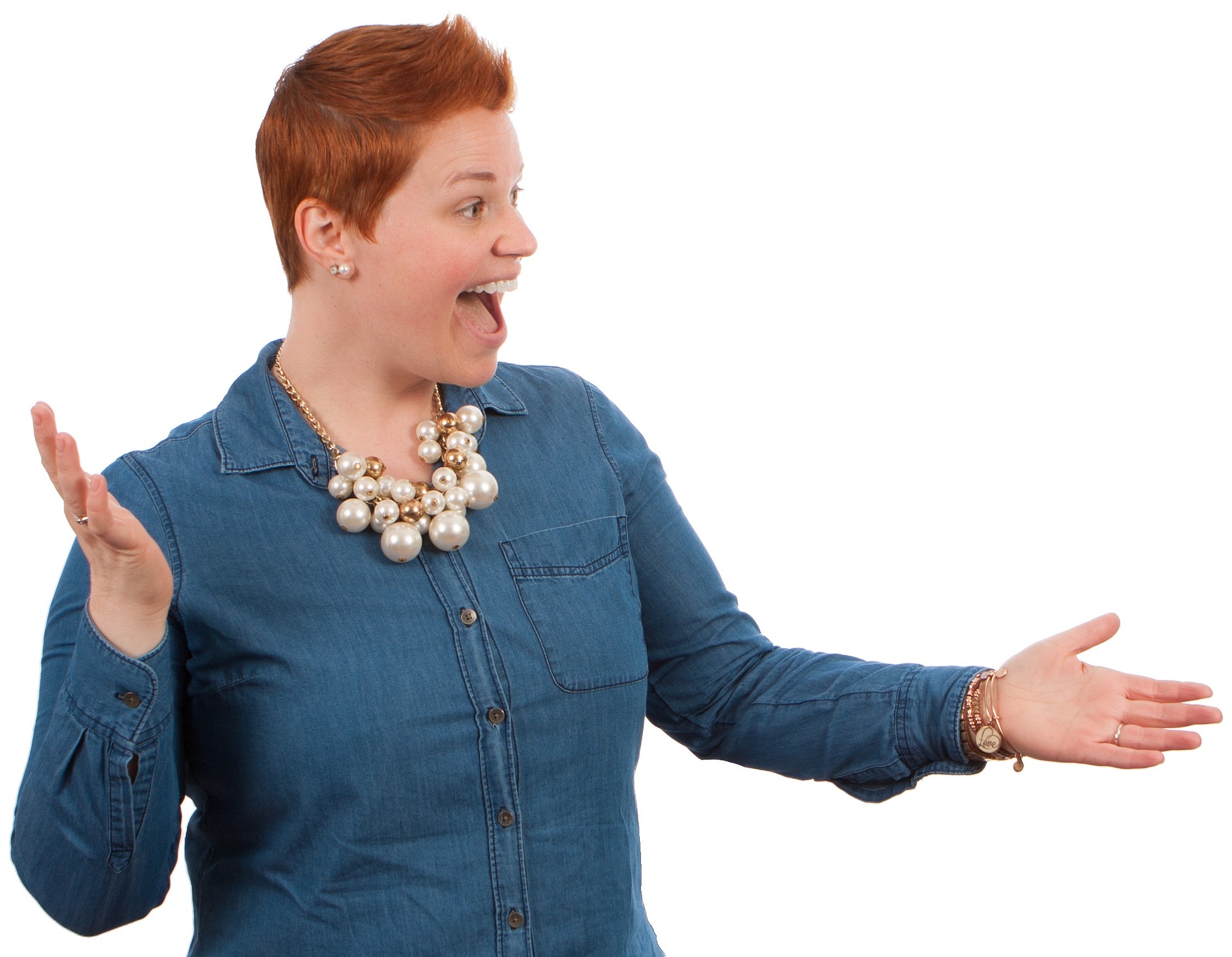News release
From:
Beat gestures influence which speech sounds you hear
Proceedings of the Royal Society B: Biological Sciences
Beat gestures are very common in everyday face-to-face conversations. Moreover, talkers align their beat gestures very precisely to the prominent words in speech. Yet we know very little about what role these simple 'flicks of the hands' play in spoken language comprehension. We demonstrate across a set of six experiments that beat gestures influence the perception of lexical stress (e.g., distinguishing DIScount from disCOUNT in English). This effect of beat gestures on lexical stress perception can – in turn – even shape what vowels we think we hear. Thus, we provide evidence for a ‘manual McGurk effect’ (after the classic McGurk effect) supporting a recent multimodal, situated psycholinguistic framework of human communication. So next time you enter a face-to-face conversation: wash your hands, and use them!



 International
International



